
In the world of global economics, few topics get as much airtime, and as much misunderstanding, as trade deficits. At Avion Wealth, we believe our clients deserve clarity, especially on issues that could impact investment performance. So, let’s unpack the reality behind trade deficits and why they may not mean what you think. What Is a Trade Deficit, Really? Put simply, a trade deficit occurs when a country imports more than it exports. Think of more coffee beans coming in than aircraft engines going out. But trade isn’t just about physical goods—services like banking, consulting, and even entertainment count too. For example, while the U.S. often runs trade deficits in goods, it frequently has surpluses in services. Now, here’s where it gets more interesting: many of the countries that export to us rely on that income to service debt, often denominated in U.S. dollars and sometimes even owed to U.S....
Read More



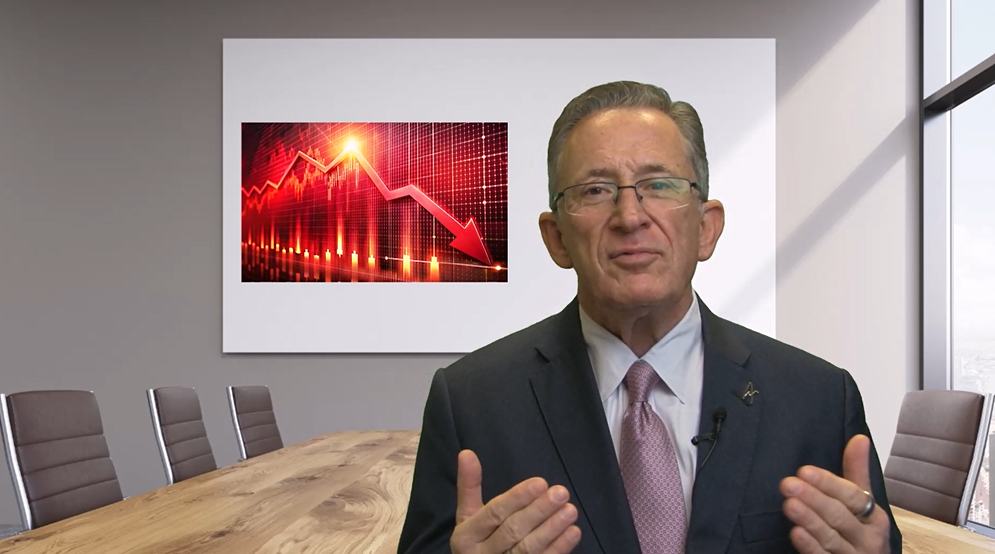
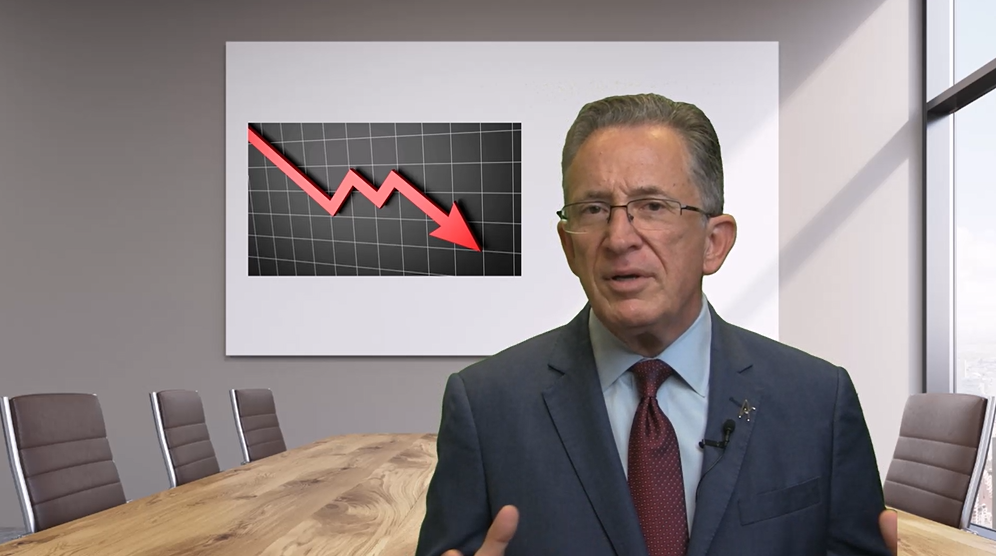
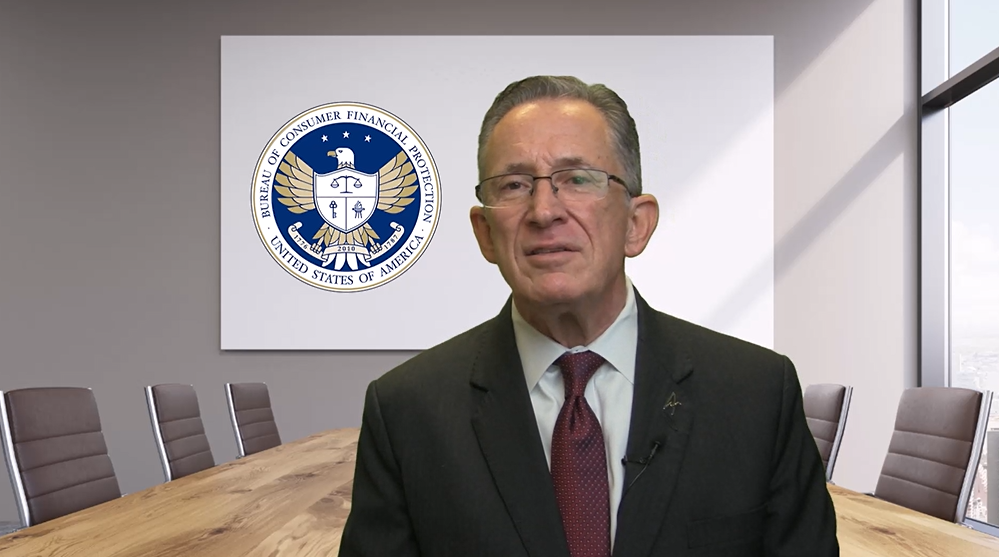


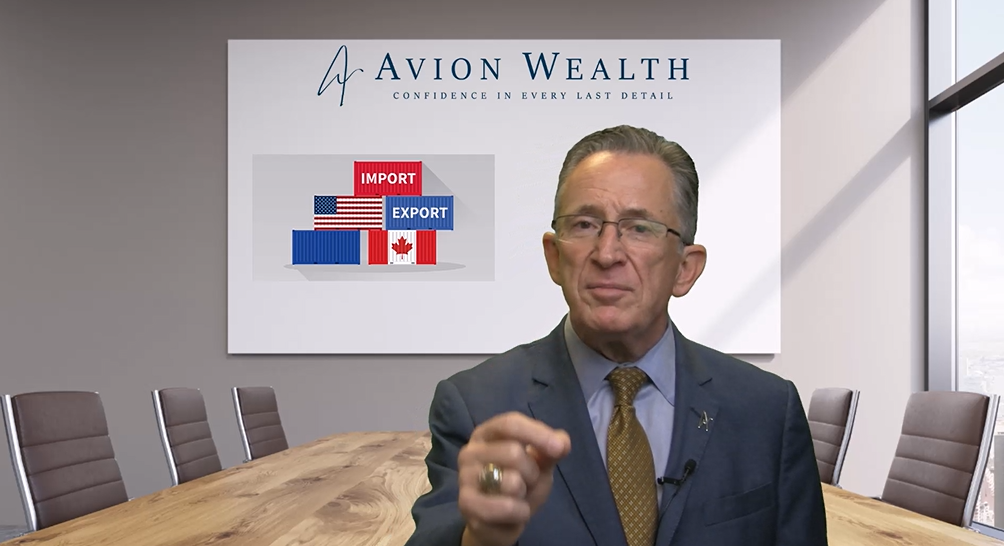
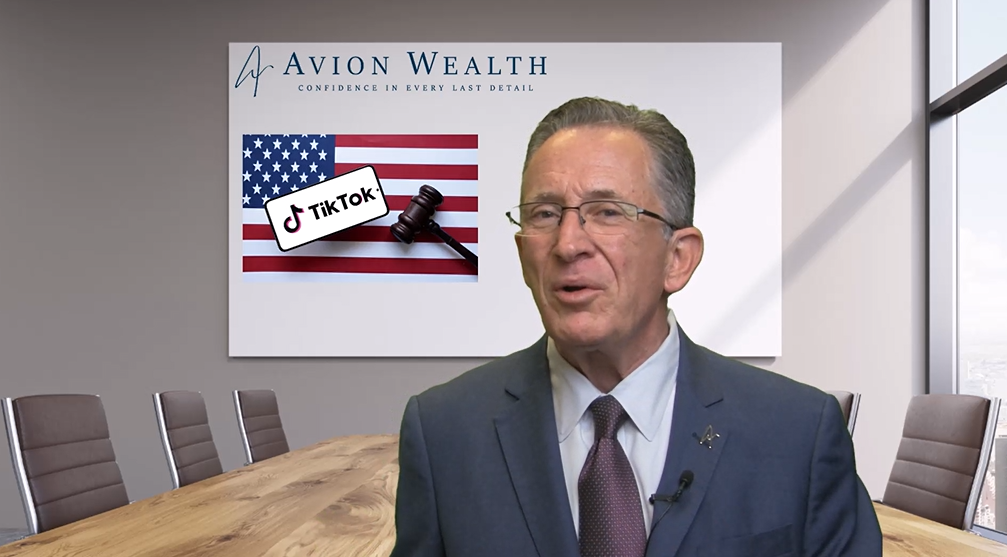




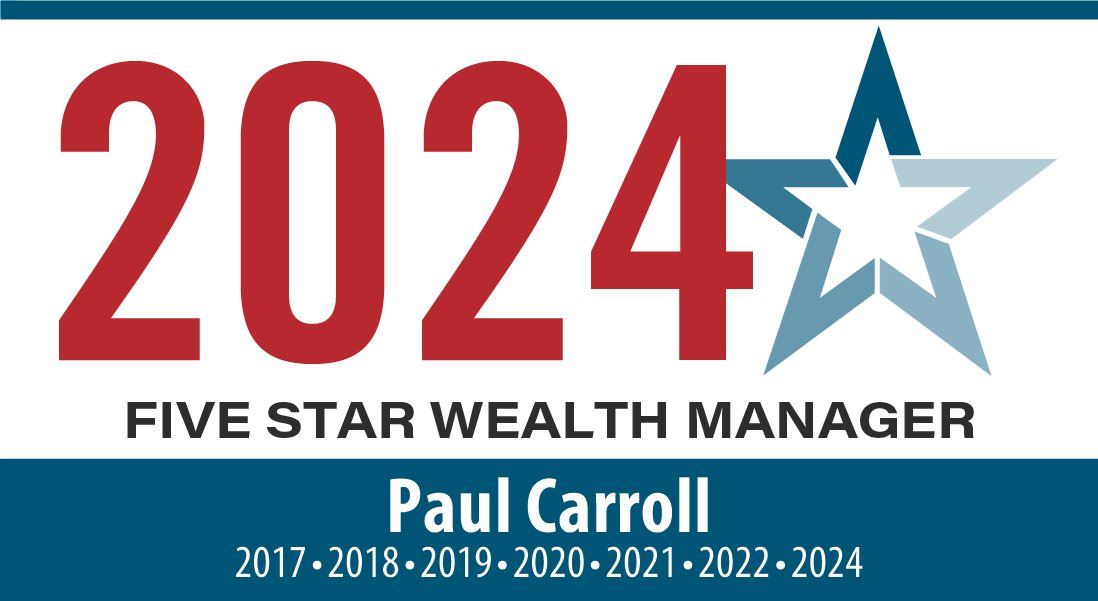

Recent Comments